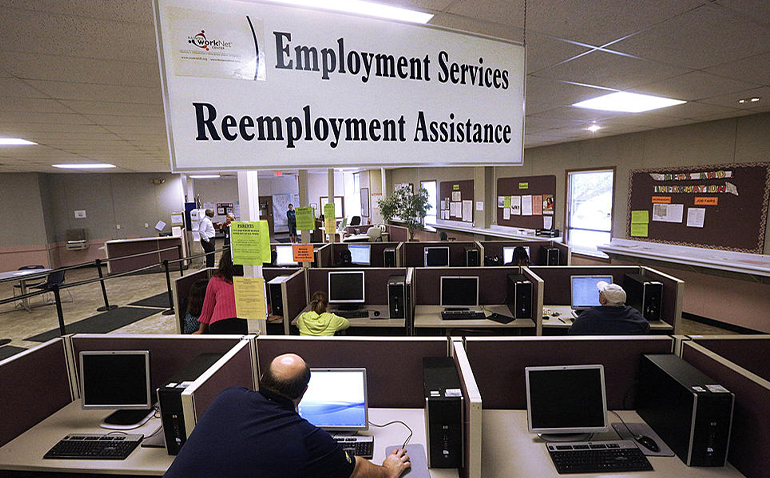
State and Municipal Budgets Face Huge Shortfalls
Two White Males in Masks Hold-up Mississippi Governor
It was over before you knew it, in mere minutes on Friday, May 1st, two white males in masks with a hundred plus accomplices held up Mississippi’s Governor at the State Capitol in broad daylight. The take was over a billion dollars making it one of the biggest hauls in state history.
The very big bucks in question are courtesy of the CARES (Coronavirus, Aid, Relief and Economic Security) Act to cover expenses from the global pandemic that has gripped the state, the country and the world. The $1.25 billion is Mississippi’s share sent by the feds. The Act imposes three conditions for funds use: 1) Necessary expenditures incurred due to the COVID-19 pandemic. 2) Costs not accounted for in the most recent budget prior to 3/27/20. 3) Costs incurred between March and December 2020. Importantly, the funds are not to be spent to backfill revenue shortfalls. That is the rub. State and municipal budgets face huge shortfalls for the rest of 2020 from a wide variety of normally reliable revenue streams.
Mississippi’s 8,686 COVID-19 cases and 396 deaths as of 5/8/20 are certainly a tragedy for the individuals, their families and friends but the state’s related costs are hard to square with the CARES Act’s conditions.
Boil the CARES Act down and one is left with the inescapable conclusion that this $1.25 billion windfall won’t apply to where Mississippi needs it most.
Some points to consider:
The U.S. Jobs report for the month of April was the worst ever with 20.5 million jobs lost and an unemployment rate of 14.7 percent, up from 4.4 percent a month ago. 16 percent of Mississippians have filed for unemployment. From the economic standpoint, it is not the pandemic but rather the draconian shelter at home regimen dictated from the technocrats in D.C. that has brought the economy to its knees, exploded unemployment to levels not seen since the Great Depression and shrank cash flows of many businesses to a trickle. Rest assured, states and municipalities will share that pain.
Rarely has the word “essential” been so consequential. Those deemed essential are blowing and going while the non-essentials may be out of work and out of business soon. But “essential” is defined by those at the top. Many Mississippians living paycheck to paycheck consider their job essential because it is how they pay their rent, their car notes and how they feed their families. Lives and livelihoods are inextricably linked. Wrecking livelihoods with a one-size-fits-all shelter-in-place regimen is a bad idea. In 60 days, it has taken America from the lowest unemployment rate in 50 years to the highest unemployment rate in 80 years.
The shuttering of the economy has done very real economic damage to the state’s economy and to state and municipal revenue streams. The longer it stays in place the harder it will be for governments at all levels to make ends meet and deliver the services citizens have grown to expect. Tax streams from sales, property and income are predictable in normal times but none of those models include nation-wide lockdowns. In short, the models used by states and municipalities to generate sufficient revenues don’t reconcile with the models that require “non-essentials” to shelter-in-place for extended lengths of time. Micro-managing peoples’ lives from the macro level is the height of hubris and one of the worst economic mistakes in American history.
To sign up for updates from BPF, subscribe here.
